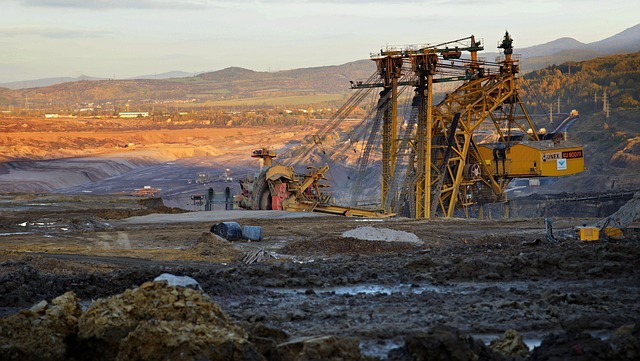Understanding Modern Coal Management
As we stand on the brink of a new era in energy production, coal management has evolved dramatically. While coal has long represented the bedrock of industrial power, the shifting dynamics of technology and social trends now shape how we approach its use and sustainability. Understanding this evolution is crucial for industries that rely on coal, as well as communities grappling with its implications.
Technological Etiquette in Coal Management
In the face of climate change, technologies are emerging not only to enhance efficiency but also to promote responsible coal management. Advanced monitoring systems, for example, allow companies to track emissions and ensure compliance with environmental regulations. By leveraging real-time data analytics, companies can adjust their processes on the fly, reducing their ecological footprint while maximizing output.
Moreover, innovations like carbon capture and storage (CCS) are groundbreaking. These technologies enable the extraction of harmful emissions from coal energy production, storing them safely underground instead of releasing them into the atmosphere. This shift in technological etiquette represents a critical commitment to doing better with the resources at hand. However, social license to operate is crucial; community engagement and transparency in using these technologies promote trust and acceptance.
Navigating Social Trends
Social trends are heavily influencing how coal is perceived and utilized. There is an increasing demand for sustainability in energy production, driving companies to rethink their coal strategies. Public sentiment is leaning toward green initiatives, sparking debates about the viability of continuing coal mining and burning in a world that values renewable sources. This cultural shift does not merely reflect an environmental agenda; it emphasizes corporate responsibility and ethical practices in all coal management strategies.
Furthermore, worker safety and community welfare have gained prominence. Industries are now under pressure to ensure that the impact of coal management extends beyond mere profitability. Emphasizing the health and safety of workers and the surrounding communities is essential to establishing a responsible image. Initiatives that promote sustainable development, education, and the transition to cleaner energies resonate well with a public that is increasingly aware of social responsibility.
Embracing Change for a Sustainable Future
To revolutionize coal management successfully, stakeholders must balance technology and the evolving social landscape. This means acknowledging the historical role of coal while actively engaging in dialogues about its future. The intersection of advanced technology and social responsibility could redefine coal’s narrative from one of pollution to one of progress. By prioritizing sustainable practices and investing in innovative technologies, the coal industry can navigate these complexities while contributing to a healthier planet.




